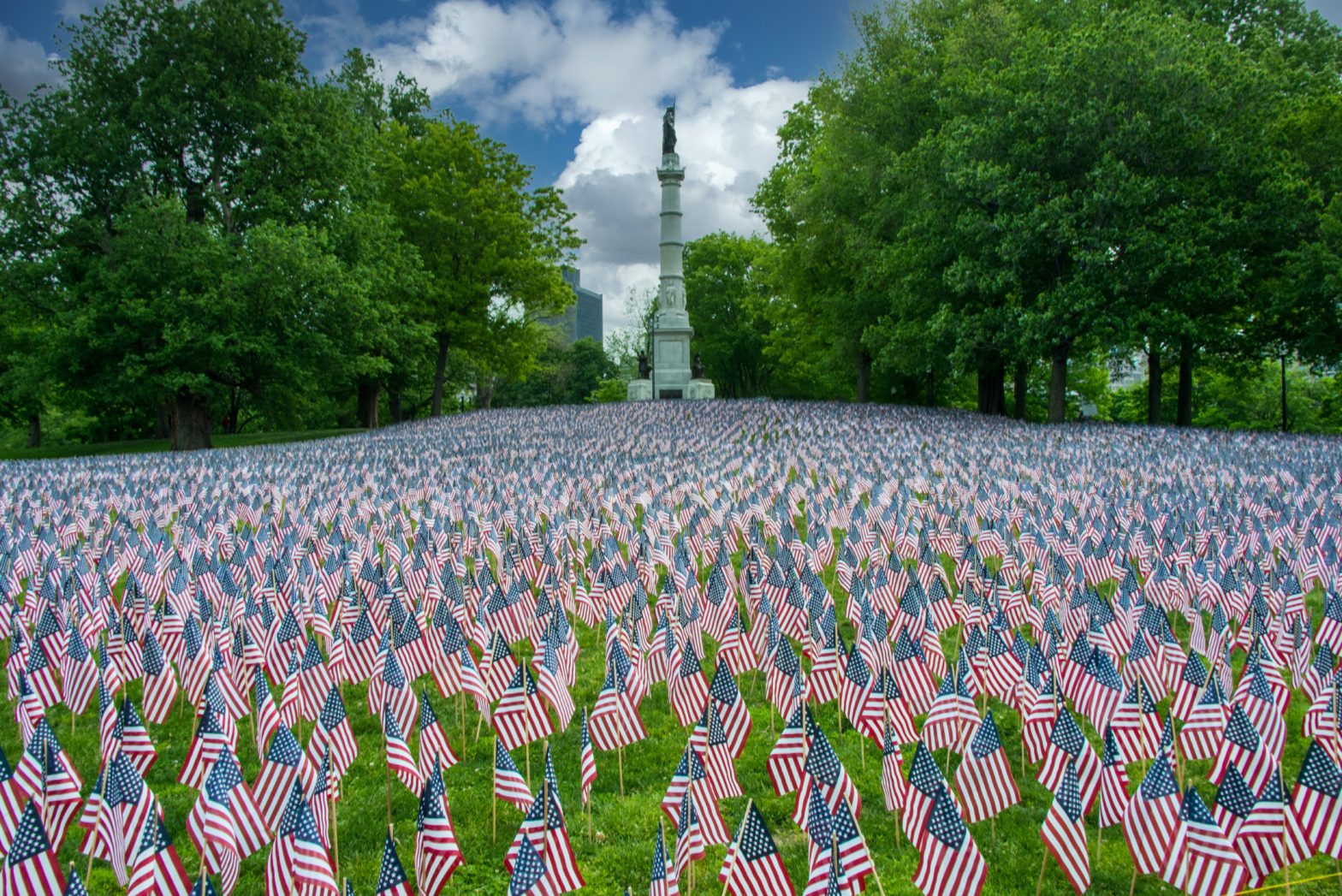Memorial Day usually means the kick-off to summer with picnics and time with family and friends.
I sometimes become so excited by that summer has arrived that I forget about the origins of Memorial Day and its purpose of helping us remember history and those in our country who lost their lives in service to it.
Poetry can help us remember the past and give us insights into the lived experience of those who fought in wars. John McCrae’s well-known “Flanders Field” is one such poem.
One strategy when reading poetry from the past is to think about or research the historical time when the poem was written. This can help you understand the context, setting, or background of the poet.
The lines, “Short days ago/We lived, felt dawn, saw sunset glow,/Loved and were loved, and now we lie/In Flanders fields,” spoke to me as I read the poem.
My mood shifts whenever I read this poem and makes me feel sad and contemplative. Yet, I am reminded that loss connects people across different times, countries, or cultures. Poetry lets the reader to understand the life or memories of the poet.
John McCrae was a Canadian physician and poet who lived in Guelph, Ontario. A fun fact is that our Big Read director Dr. Van Duinen grew up in Guelph and lived a few streets away from the historic John McCrae’s house. Dr. McCrae wrote Flanders Field during World War I after witnessing the death of his friend and fellow soldier the day before. His poem and its mention of poppies led to the Canadian tradition of wearing remembrance poppies in the weeks leading up to Canada’s Remembrance Day on Nov 11. Click here to read more about this poem and the historical context!
Did you know that the poem “Flanders Field” inspired another poet named Moina Michael to write “We Shall Keep the Faith?”
Michael refers to the field of poppies in John McCrae’s poem. She writes, “We cherish, too, the poppy red/That grows on fields where valor led.”
What words or phrases jump out at you from this poem? How does this poem make you feel?
What poems or poets have you researched to learn more about the time period or experience?




